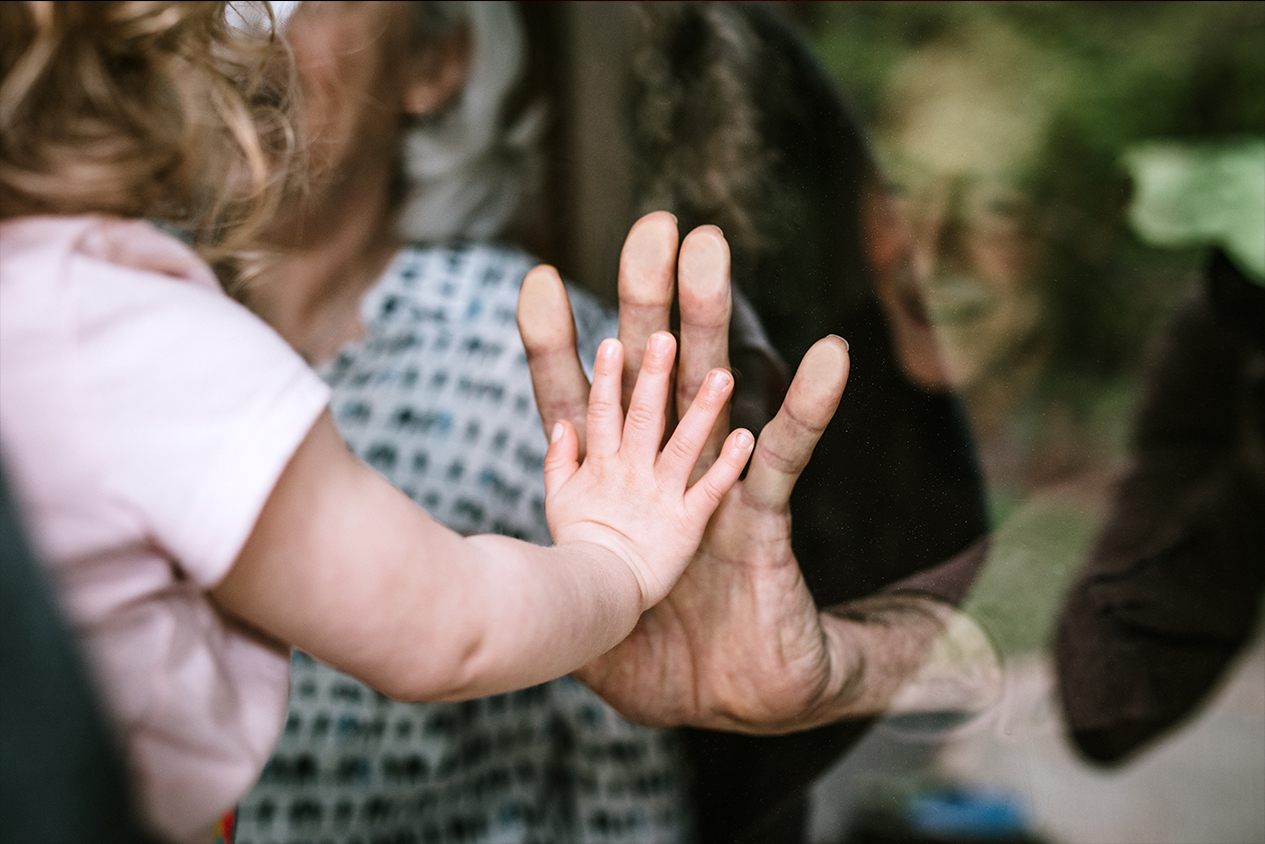A will records the final instructions of a natural person (the will-maker) for disposing of their property when they die. It may also include the appointment of a testamentary guardian.
A will is only valid if it complies with section 11 of the Wills Act 2007 (Wills Act) or is made by court order. A will-maker can make, revoke, or vary a will at any time provided the requirements of the Wills Act are met.
Why do I need a Will?
If you die without a will, you die intestate. When a person dies intestate, their final instructions for disposing of their property are unknown. In these cases, the law determines who receives and inherits their property. This can lead to unintended consequences and family disputes.
In many intestacy cases, an order of the High Court for letters of administration is required to appoint a personal representative to attend to the deceased’s estate. Intestacy, and its associated issues and costs, can be avoided by having a valid will.
Executors
Under a will, a person can appoint a personal representative to attend to their property and other matters when they die. That person is called the executor and trustee of the will (Executor). You can have one or more Executors.
When you die, your Executor will:
- carry out your final instructions;
- gather and account for your assets;
- pay your debts and deal with claims against your estate;
- obtain an order for probate, if necessary; and
- distribute your estate to your beneficiaries.
Executors owe fiduciary duties of loyalty and utmost good faith to beneficiaries when dealing with a will and administering an estate. They should be people that you can rely on to carry out your final instructions.
If you do not have anyone in mind to appoint as Executor, or you wish to save your family from the burden of the role, you can consider appointing your lawyers as your Executors.
Beneficiaries
Beneficiaries are the people named in the will who will inherit a gift from the estate. You can name anyone as a beneficiary in your will, including minor children, organisations, unincorporated associations, charities, and trustees of trusts.
While a will-maker is free to choose their beneficiaries, there can still be challenges to the will in certain circumstances, including by the following people:
- A spouse or partner under the Property (Relationships) Act 1976 or Family Proceedings Act 1980.
- A family member who believes they have not been adequately provided for under the Family Protection Act 1955.
- A person claiming under the Law Reform (Testamentary Promises) Act 1949 that the will-maker promised them a reward in the will in return for work or services provided.
A will only takes effect when the will-maker dies. Any specific gifts or rights provided to beneficiaries under the will have no effect while the will-maker is still alive. This means a will-maker is free to sell or otherwise deal with their property, even if it is inconsistent with the terms of their will.
The Estate
A person’s estate is made up of all the land and personal property they own at death. This includes land owned solely or as tenants in common, KiwiSaver funds, cash, wages and holiday pay, shares, investments, insurance, vehicles, legal claims, money owed to the deceased, and personal items.
Typically, the following property does not become part of a person’s estate:
- Land owned as joint tenants with another person(s). The surviving joint tenant(s) can apply for the deceased’s interest in that land to be transferred to them by way of survivorship, subject to claims by third parties.
- Interests in Māori freehold land. Māori freehold land can only be disposed of by will to people entitled to succession under s 108 of Te Ture Whenua Māori Act 1993. Māori freehold land interests cannot be used to satisfy claims or debts of an estate and an order of the Māori Land Court is required to transfer a deceased’s interest.
- Property owned as a trustee of a trust.
- Property in their possession that is owned by a third party.
Testamentary Guardian
A parent can appoint a person to be a testamentary guardian of a child by will. An appointment can also be made by deed.
A testamentary guardian is not automatically entitled to day-to-day care of the child. But they will otherwise have all rights and duties of a guardian under section 16 of the Care of Children Act 2006. This includes contributing to the child’s development and being involved in the determination of important matters affecting the child.
Guardianship ends when a child turns 18 years old, marries, or enters into a civil union or de-facto partner relationship, or by court order.
Other Final Instructions
The following can also be addressed in a will:
- Establishing a trust for certain beneficiaries.
- A gift to a charity or organisation.
- Who can exercise rights and powers the will-maker may have as a trustee or settlor of a trust.
- The will-maker’s funeral directions, including if they would like to be buried or cremated.
- Who will look after the will-maker’s pets.
Contact us
If you have questions about wills or estates, or would like our assistance to prepare a will, please get in touch with our expert trusts and estate lawyers.
